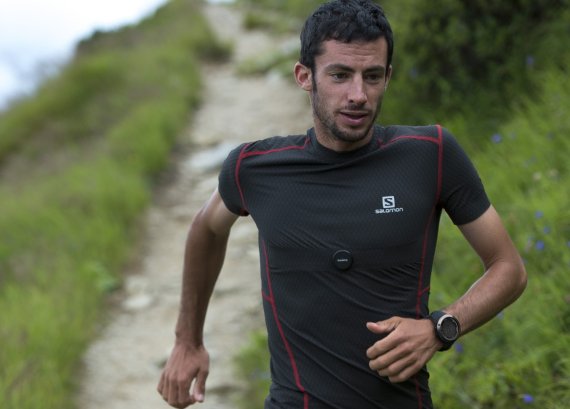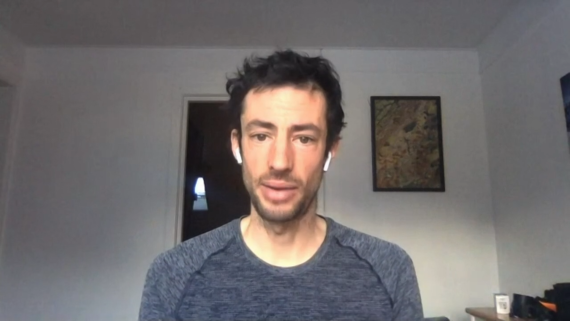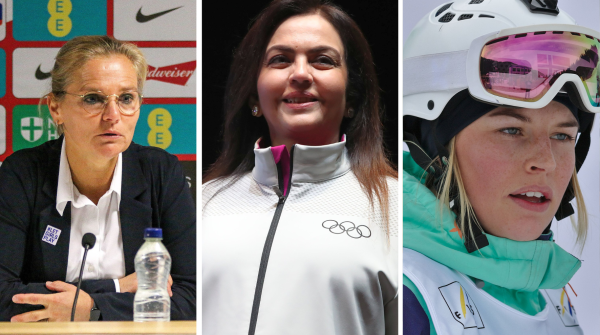
Kilian Jornet proudly showed his ISPO Cup trophy to the camera at the beginning of his impulse speech. The Spanish world-class trail runner, who has followed in the footsteps of great sports personalities such as Pele, Reinhold Messner, Ole Einar Björndalen or Tegla Loroupe with the award, thanked the sports industry's biggest platform for its commitment to sustainability: "It's great that ISPO is making it priority numver one on the agenda. For the whole sports industry, collaboration is the key to change in this."
There are many great individual sustainability initiatives by brands, organizations, foundations or athletes from the industry. However, it is now important to network and use synergies: "Only if we exchange our ideas and know-how we can really create such a profound change. Only then can sustainability move from experiment to norm."
In his speech, Jornet recalled how many years it had taken to introduce the waste recycling system. Only with a similar amount of patience and a concerted effort by all players the issue of sustainability can succeed.

The sports industry has a role to play in leading the way for all industries, according to the three-time skyrunning and four-time ski mountaineering world champion. "We as outdoor specialists are the industry that is most closely connected to nature. We also feel the impacts like climate change or glacier melt the most," Jornet cautioned.
The whole industry knows what needs to be done to be sustainable and thus secure the future of us all, he said. Now is the time to follow through.
The important thing is that there have to be really far-reaching changes. This applies, for example, to the topic of recycling management. In principle, customers are willing to recycle old sports products, but many don't know where to take them. Or the return point is too far away: "It's not about this or that brand. It's also about making connections in the industry to change the whole system."
One of the most important issues for the sports industry's sustainability efforts, he said, is the issue of supply chains. "This is where 90 percent of the environmental footprint comes from." Kilian Jornet also takes himself to task in this regard when it comes to traveling around the world: he has set himself an upper limit of 3 tons of CO2, which he also offsets through donations. In general, he says, people should think twice about which trip is really necessary. "I'm also pushing the travel industry to reduce their footprint."
The Spaniard has set up the Kilian Jornet Foundation to help his passion for sustainability achieve a breakthrough. It is particularly committed to the preservation of the mountain environment. The proceeds from the "Run for Good" fundraising run at ISPO Munich Online will go to Jornet's sustainability organization.
 SustainabilityReady for the Green Deal? An Update for the Sports Industry
SustainabilityReady for the Green Deal? An Update for the Sports Industry
- Awards
- Mountain sports
- Bike
- Fitness
- Health
- ISPO Munich
- Running
- Brands
- Sustainability
- Olympia
- OutDoor
- Promotion
- Sports Business
- Textrends
- Triathlon
- Water sports
- Winter sports
- eSports
- SportsTech
- OutDoor by ISPO
- Heroes
- Transformation
- Sport Fashion
- Urban Culture
- Challenges of a CEO
- Trade fairs
- Sports
- Find the Balance
- Product reviews
- Newsletter Exclusive Area
- Magazine




